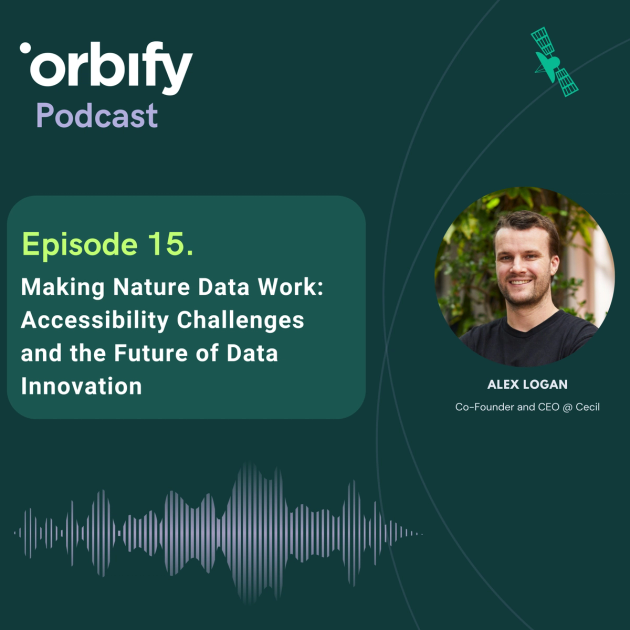Making Nature Data Work: Accessibility Challenges and the Future of Data Innovation
In this episode of Earth Central, Alex Logan discusses the evolving landscape of environmental data and the growing importance of accessibility in the climate and conservation space. As environmental monitoring technologies continue to generate vast amounts of data—particularly through remote sensing—the challenge is no longer availability, but usability. Logan sheds light on the often-overlooked hurdles that researchers, technologists, and organizations face when trying to turn raw data into actionable insights.
The conversation highlights three key obstacles: identifying the most relevant datasets, navigating the technical complexity of geospatial formats, and managing licensing or pricing constraints that can limit access. New tools and platforms are emerging to bridge these gaps by simplifying integration and reducing the burden on science and engineering teams. These solutions are helping to accelerate the development of applications that rely on nature data, as illustrated through collaborative use cases such as carbon project planning and ecosystem monitoring.
The discussion also explores the importance of community-driven efforts to share knowledge and resources in this rapidly growing field. Logan introduces initiatives that aim to provide ethical, legal, and technical guidance for sharing environmental and Indigenous data responsibly. As interest in biodiversity, land use, and soil data intensifies, the conversation underscores the need for shared standards and infrastructure to support more effective decision-making. This episode offers a thoughtful look into how collaboration and data accessibility are shaping the future of environmental action.

Participants

